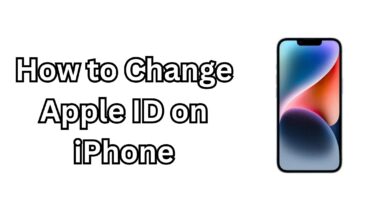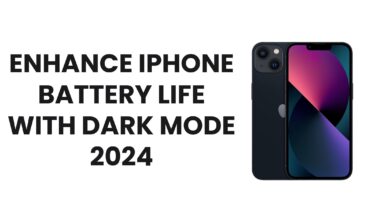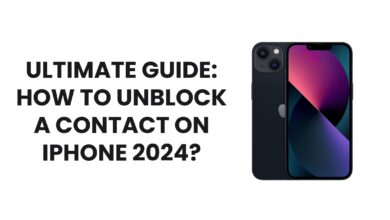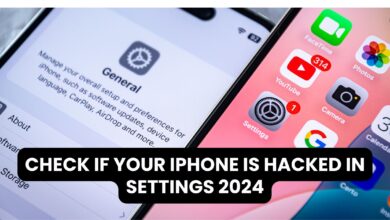The Ultimate Showdown: iPhone or Android for Gaming 2024 – Which is Better?
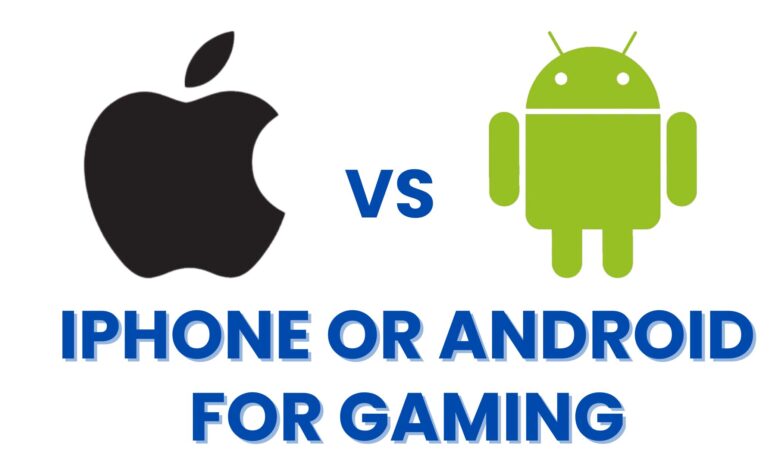
1. Introduction
In the modern world of mobile gaming, the debate over which platform is superior—iPhone or Android—continues to fuel endless discussions among gamers. Both platforms have strengths and weaknesses when it comes to performance, game availability, battery life, and user experience. This article will dive deep into these areas to help you decide which platform is best for gaming.
—
2. Performance Comparison
Hardware Specifications
When comparing iPhones or Android devices, the hardware plays a critical role in gaming performance. iPhones are known for their uniformity in design, meaning all models use the same high-quality chips, ensuring consistent performance. In contrast, Android devices are produced by various manufacturers, leading to a wider range of hardware quality.
CPU & GPU Capabilities
The iPhone’s A-series Bionic chips, like the A17, deliver cutting-edge CPU and GPU power that enhances gaming performance. Android phones, on the other hand, use chips like Qualcomm’s Snapdragon series. High-end Android devices like the Samsung Galaxy S23 can compete with iPhones in raw performance, but mid-tier Android phones may lag behind.
Game Optimization for Each Platform
Games tend to be optimized more thoroughly for iPhones, as developers only have a limited range of devices to account for. Android, with its vast ecosystem of devices, makes optimization more difficult, which sometimes leads to games running less smoothly on certain models.
—
3. Game Availability
App Store vs. Google Play
Both platforms boast a wide selection of games, but each has its exclusives. The Apple App Store is known for offering high-quality premium games, while Google Play has a more extensive selection of free-to-play games.
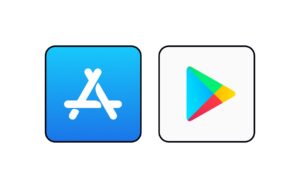
Exclusive Games
iOS has some exclusive titles like “Oceanhorn” and “Monument Valley,” while Android offers games such as “Final Fantasy XV: Pocket Edition” and “PUBG Mobile Lite.” If specific exclusives matter to you, your choice of platform could be influenced by these games.

Cross-Platform Play
Both Android and iOS support cross-platform multiplayer games like “Fortnite” and “Minecraft,” allowing gamers to play together regardless of their device. This ensures you won’t miss out on social gaming experiences no matter which platform you choose.

4. Graphics and Display Quality
Screen Resolution
The iPhone is known for its retina displays, offering high resolutions with sharp and vibrant visuals. Android devices, especially high-end models like the Google Pixel 7, often feature 2K or 4K displays, which make a noticeable difference in gaming.
Refresh Rate
Gaming on a higher refresh rate display provides a smoother and more immersive experience. The iPhone 14 Pro supports a 120Hz refresh rate, as do several Android flagship models. Mid-tier Android phones, however, may only offer 60Hz displays, affecting gaming performance.
Graphic Settings in Games
High-end Android devices allow users to adjust graphic settings within games, optimizing performance or enhancing visual quality. iPhones typically optimize graphic settings automatically for smooth gameplay, providing a simpler, more streamlined experience.
—
5. Battery Life
Power Efficiency in Gaming
Gaming is power-intensive, draining battery life faster than typical phone usage. iPhones are well-known for their battery efficiency, often outperforming Android devices with similar-sized batteries. Apple’s iOS is optimized to manage battery consumption efficiently during gaming sessions.
Battery Optimization Techniques
Android devices, particularly Samsung and OnePlus, offer battery optimization settings to prolong gaming sessions. The iPhone’s native battery optimization features work automatically but may offer less customization compared to Android.
The Ultimate Guide: How to Easily Install APK on iPhone 2024?
6. Controls and Accessories
External Controller Compatibility
Both platforms support external controllers for gaming. iPhones can pair with Xbox and PlayStation controllers, enhancing the gaming experience. Android devices also support these controllers, in addition to a broader range of third-party accessories.
Gaming Accessories for Each Platform
From gamepads to mobile stands and cooling fans, gaming accessories are widely available for both iPhone and Android users. However, Android offers more compatibility with third-party accessories due to its open-source nature.
—
7. User Experience
Interface Design
iOS offers a simple, clean interface that prioritizes ease of use. The Android experience, while more customizable, can vary significantly depending on the manufacturer’s skin (e.g., Samsung One UI vs. Google’s Pixel experience).
In-Game Performance
Games on iPhones tend to have fewer crashes or performance drops because developers optimize their games specifically for iOS hardware. Android devices may experience occasional performance issues, especially on mid-tier phones.
Stability During Extended Gaming Sessions
iPhones generally maintain stable performance during long gaming sessions due to their excellent thermal management. Android devices, depending on the model, may overheat or throttle performance over time.
—
8. Game Updates and Support
Update Frequency and Support
Apple provides regular iOS updates that enhance gaming performance and add new features. Android updates depend on the manufacturer, so some devices may not receive the latest optimizations as quickly.
Support from Game Developers
Due to iOS’s limited range of devices, developers can offer more consistent support for iPhone users. Android’s fragmentation makes it more challenging to offer universal support for all devices.
—
9. Price Comparison
Cost of Devices
High-end iPhones generally come at a premium price, but they offer consistent performance across all models. Android offers a wide range of prices, from budget options to premium flagship devices, giving more flexibility depending on your budget.
In-App Purchases
Both platforms offer in-app purchases, but Android tends to have more free-to-play games with optional in-game purchases, while iOS is known for premium, one-time payment games.
Premium vs. Freemium Games
iOS leans more towards premium games, requiring an upfront payment, while Android has more freemium games, which are free to play but offer in-game purchases for additional content.
—
10. Customization and Tweaks
Android’s Open Source Advantages
Android allows for greater customization, enabling users to tweak performance, graphic settings, and battery usage for gaming. This flexibility is a major draw for users who want to fine-tune their gaming experience.
iOS’s Closed Ecosystem
While iOS doesn’t offer as much customization, its closed ecosystem ensures that apps and games run smoothly and efficiently without user intervention.
—
11. VR and AR Gaming
VR and AR Capabilities
Both platforms support virtual and augmented reality gaming, but iPhones have a slight edge due to Apple’s ARKit, which is well-supported by game developers.
Game Support for VR/AR
Android has VR platforms like Google Daydream, but Apple’s focus on AR with ARKit provides a more immersive experience, especially in augmented reality games.
—
12. Cloud Gaming
iPhone Cloud Gaming Capabilities
With services like Xbox Cloud Gaming and NVIDIA GeForce Now, iPhone users can enjoy high-quality cloud gaming experiences. Apple’s hardware, combined with a stable internet connection, ensures smooth gameplay.
Android Cloud Gaming Capabilities
Android also supports cloud gaming services, and due to the variety of hardware options, high-end Android phones provide a comparable experience to iPhones.
